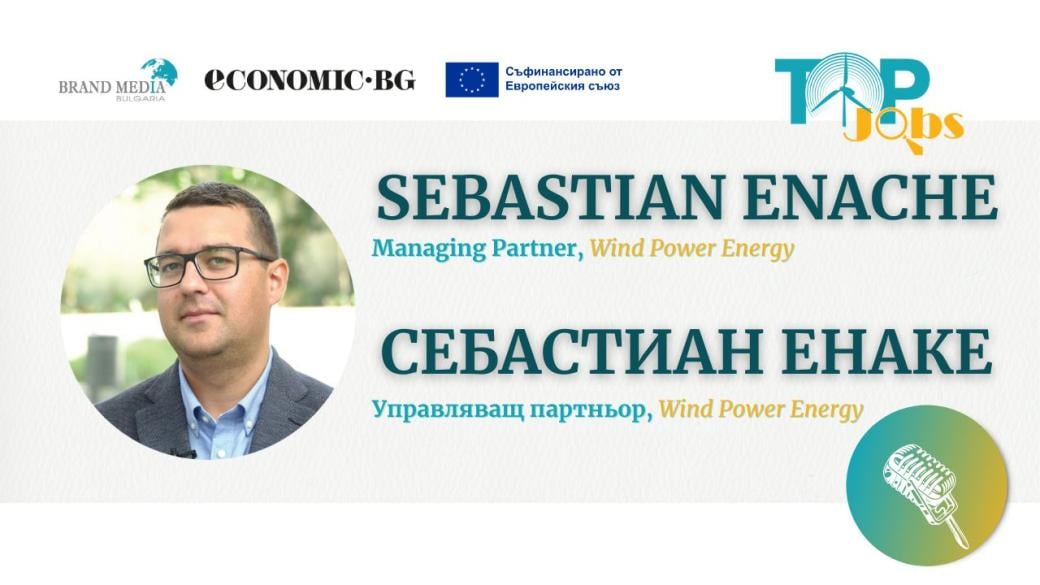Podcast | Renewal of the economy makes no sense if it doesn’t involve the workforce
A project helps Romania’s coal miners get modern skills and a new perspective on life
Romania’s Jiu Valley was for the longest of times considered the fuel engine of the Eastern European country’s economy. Following a familiar story across Europe, however, the local coal mining industry centred in the Carpathian valley, has experienced a dizzying decline since its peak in the 1980s and 1990s.
Nowadays, some 2,000 miners remain toiling in the mountain underground, down from 180,000 during the peak period. Romania has committed to a coal exit deadline in 2032 (although last month, the government sent a request to the European Commission for a 3-year extension on its coal powered plants) and its politicians have claimed that they would like to turn the country into a diversified regional energy hub featuring the entire range of energy facilities that you can think of from the greenest of wind, solar, hydropower through nuclear and gas-powered plants.
Geographical considerations, however, would mean that the coal miners of today will likely have to leave their home valley and move to another part of the country if they would like to stay involved in the energy production business no matter what shape it takes. For example, the development of wind farms is mostly taking place in the eastern part of the country and near the coastline where conditions are more favourable for this. Likewise, solar installations have no place in the foggy mountain valley.
Nevertheless, there are energy-connected development plans in the Jiu Valley, which includes the construction of a battery factory in the town of Petrila – which formerly hosted a coal mine with tragic history. These kinds of projects keep the hope that there is a future for this isolated region, and a future which will be connected to energy production at that.
Whichever way things will swing one thing is sure - there will be a need for qualified workers for the new greener energy economy and the remaining active miners working in the Jiu Valley need to acquire new professional skills so they will be able to remain economically active.
It’s with this understanding that training centres have started appearing in Romania. One such, the Renewable Energy School of Skills, which was initially founded in the seaside town of Constanta, has opened a branch in Petrosani, the unofficial capital of the Jiu Valley, precisely with the aim of teaching locals the skills that would prepare them for jobs in the renewable energy sector. This program, called RenewACAD, has been made possible through EU cohesion funds.
Many miners who have completed the training courses for wind turbine operation or solar panel technicians have chosen to remain in the mines, but this is mostly out of habit and convenience. After all, as long as the mines and coal plant keep working, they are the most accessible jobs for locals, allowing them to remain at home. Given the precarious situation of this industry, however, and its looming shutdown deadline, the newly acquired skills give the workers confidence in their abilities and peace of mind that they can transition to something new when this moment of need arrives.
We sat down with Sebastian Enache, Managing Partner at Wind Power Energy and a key figure in the RenewACAD project so he could tell us more about it. Listen to the interview in this episode of our TOP JOBS podcast.
Co-Funded by the European Union. Views and opinions expressed are however those of the author(s) only and do not necessarily reflect those of the European Union. The European Union cannot be held responsible for them.



 Tzvetozar Vincent Iolov
Tzvetozar Vincent Iolov